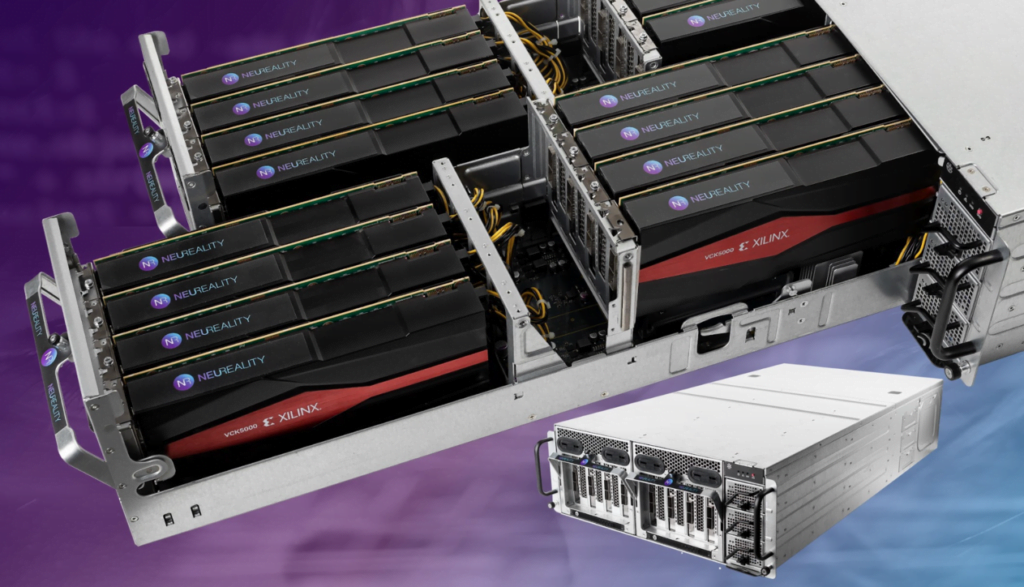NeuReality, a startup that teaches AI to evaluate and analyze new information, has raised $35 million.
The company uses a new type of Network Addressable Processing Units (NAPU) optimized for deep learning inference use cases, like computer vision, natural language processing, and recommendation engines. It will make highly-efficient AI more accessible to less technical companies.
Its AI chip is deployed in company data centers to improve their AI inference, resulting in higher performance and efficiency, and lower latency – or less of a delay before the transfer of data. It also saves overall system cost and power consumption.
AI inference teaches AI to evaluate and analyze new information. Intelligence is developed first by recording, storing and labeling information. The machine then uses the intelligence gathered and stored to understand new data. Without inference, a machine would not have the ability to learn.
The company had already reported its close collaboration with leading AI ecosystem partners and customers including IBM, AMD, and Lenovo.
“This investment is another sign of confidence in the talent and innovation that NeuReality and the Israeli tech industry offer the world,” said Moshe Tanach, CEO and co-founder of NeuReality.
“The high-profile investors in our Series A fundraising prove that NeuReality’s value proposition, architecture and flagship product are a viable reality which will transform the AI market.”
The funding round was led by Samsung Ventures, Cardumen Capital, Varana Capital, OurCrowd and XT Hitech, bringing NeuReality’s total funding to $48 million.
NeuReality was founded in 2019, and is based in Tel Aviv.
Related posts

Israeli AI Safety Tool Among TIME’S Best Inventions For 2024

TAU Team Discovers Mechanism To Eliminate Cancerous Tumors

Ashdod Port Investing In Startups As Part Of Innovation Strategy




Facebook comments